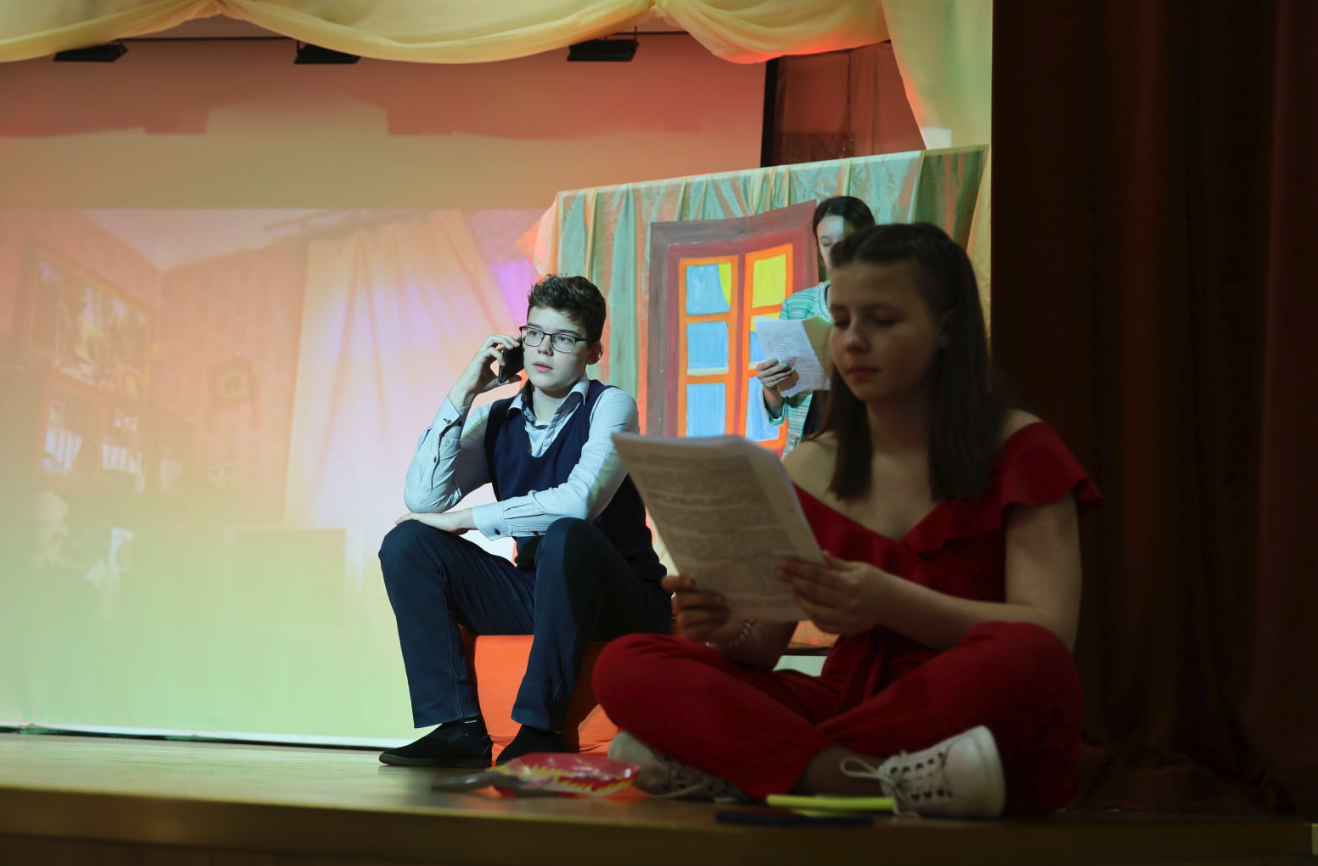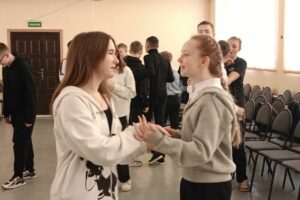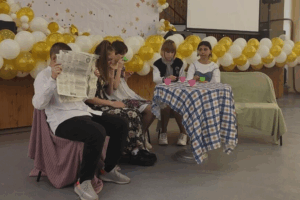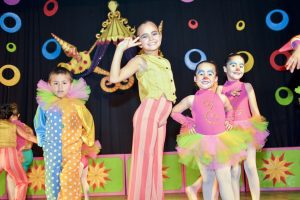Today, although theatre practices in Russia are often used as an educational tool, in most cases the educational process is still interpreted within an outdated pedagogical paradigm and is not connected to the formation of personal learning outcomes or specific competencies in accordance with current Federal State Educational Standards (FSES).
An attempt to systematically approach the use of theatre as a means of developing cross-disciplinary competencies and personal educational outcomes in adolescents was undertaken by staff of MSUPE within the framework of the Multimedia Theatre project. The project team from the Center for Interdisciplinary Research on Contemporary Childhood developed an original model for organizing theatrical activities with adolescents.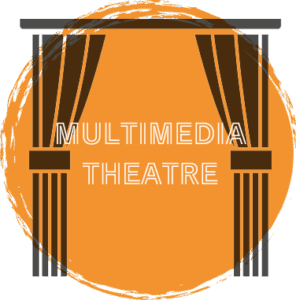 The project demonstrated that in order to increase the effectiveness of school theatre as a tool for learning and development, it is necessary to move away from viewing theatrical activity as the reproductive staging of a pre-scripted performance. Instead, theatre should be organized as a space for role experimentation — a place where adolescents can “try themselves out” in different types of activity and forms of community. Such a theatre corresponds to the developmental needs and tasks of adolescence, involving students in the process of staging while simultaneously ensuring the acquisition of necessary competencies and personal educational outcomes.
The project demonstrated that in order to increase the effectiveness of school theatre as a tool for learning and development, it is necessary to move away from viewing theatrical activity as the reproductive staging of a pre-scripted performance. Instead, theatre should be organized as a space for role experimentation — a place where adolescents can “try themselves out” in different types of activity and forms of community. Such a theatre corresponds to the developmental needs and tasks of adolescence, involving students in the process of staging while simultaneously ensuring the acquisition of necessary competencies and personal educational outcomes.
The principles for organizing theatrical activity formulated in this project laid the foundation for further research initiatives on adolescent theatre.


